Course Overview
Many of us know young people who are struggling or in distress - what used to be a rarity is now all-too common. In response to the growing crisis in college student mental health, faculty from the UW-Madison and other top universities developed an innovative for-credit class called The Art and Science of Human Flourishing (ASHF) to support young people’s personal, academic and professional success.
This semester-long academic and skills-based course supports student mental health, well-being and overall flourishing.
Students will engage with perspectives from psychology, neuroscience, philosophy, contemplative science and other disciplines that explore the four pillars of well-being defined by the UW-Madison Center for Healthy Minds: Awareness, Connection, Insight and Purpose. Our interdisciplinary approach provides insight into understanding the mechanisms of human flourishing, and other themes such as mindfulness, resilience, community, and belonging. A focus on diversity is integral to all the topics and related course materials.
The course also encourages students to think critically about a variety of perspectives on what it means to flourish, and how to apply their learning into their lives as college students and beyond. To incorporate experiential learning, every class begins and ends with a short mindfulness practice. Intended for first-year students.
Course is Taught in Tandem with Meditation App
The Art and Science of Human Flourishing course is taught in tandem with the Healthy Minds Program (HMP) app. The overall framework of the ASHF course largely aligns with the HMP app and is composed of the following modules and sub-themes which are covered throughout the course of a 15-week semester:
Foundations: Flourishing, Transformation, Resilience
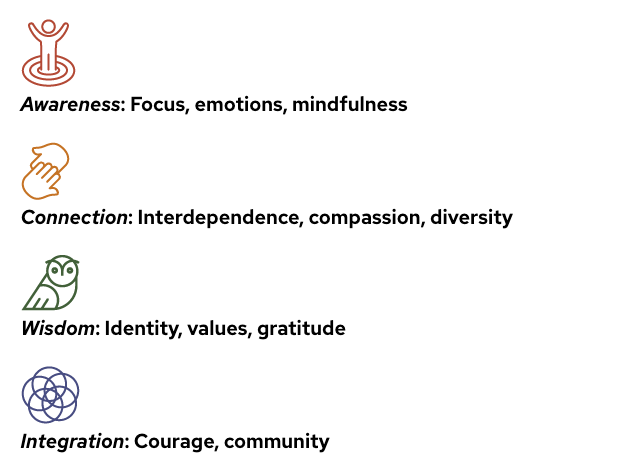
During each week of the course, students explore a specific theme, with the goal of facilitating expanded self-awareness, attention regulation, focus, enhanced social connectivity, community engagement and identifying one's unique purpose and passion to cultivate a more meaningful life.
Research Outcomes on ASHF
ASHF participants reported significantly improved mental health (i.e., reduced depression) and flourishing, improvements on multiple attention and social-emotional skills (e.g., attention function, self-compassion), and increases in prosocial attitudes (empathic concern, shared humanity; Cohen’s ds = 0.18–0.46) compared to controls. There was no evidence for ASHF course impacts on health or risk behaviors, raising the possibility that these outcomes take more time to change.
Variability in ASHF course implementation did not appear to differentially affect students’ outcomes. We tentatively conclude that other institutions interested in offering the flourishing course may make limited adaptations to fit their pedagogical preferences without concern for altering its impact on students.
Relative to the waitlist control, the HMP conditions showed larger improvements in distress, social connectedness, mindfulness, and measures theoretically linked to insight training, despite modest exposure to connection- and insight-related practice. This study provides initial evidence of efficacy for the HMP app in reducing distress and improving outcomes related to well-being, including social connectedness. Future studies should attempt to increase study retention and user engagement.
Student Impacts From ASHF students, in their own words.
“This class improved my life/experience this year so much, I don’t know what I would have done without this class.” – Madeline Elyse Schultz
“This has been my favorite class. I am so thankful for this course and for this life changing team of educators. Thank you all so much for sharing your wisdom and knowledge with us this semester.” – Gracen Spritka
“This has been my favorite class I have taken this semester. I am so very thankful for the inspiring thought and practices that this class has opened my mind to. I now can see aspects of flourishing in my life and how to continue to move forward in the future in light of the pandemic as well. I am especially grateful to all the knowledge and enlightenment I have taken from all the professors. I also appreciate all the sharing in group that we were able to do in this class to enlighten each other on new aspects of flourishing.” – Anna Maldonado
“I've really been able to reflect on my life and situations because of this class and have gained tools to flourish. This is a class I won’t forget! You are all such great instructors and you really showed that you care about us and our thoughts.” – Bella Martinez
“I loved how applicable the material in the class is to my life. It allowed me to do a lot of self-reflection. Thanks for everything!”
“Thank you guys for being a light in a world where a lot of people tend to focus on the bad.” – Isaac Joseph Hemmersbach
ASHF Instructional Team
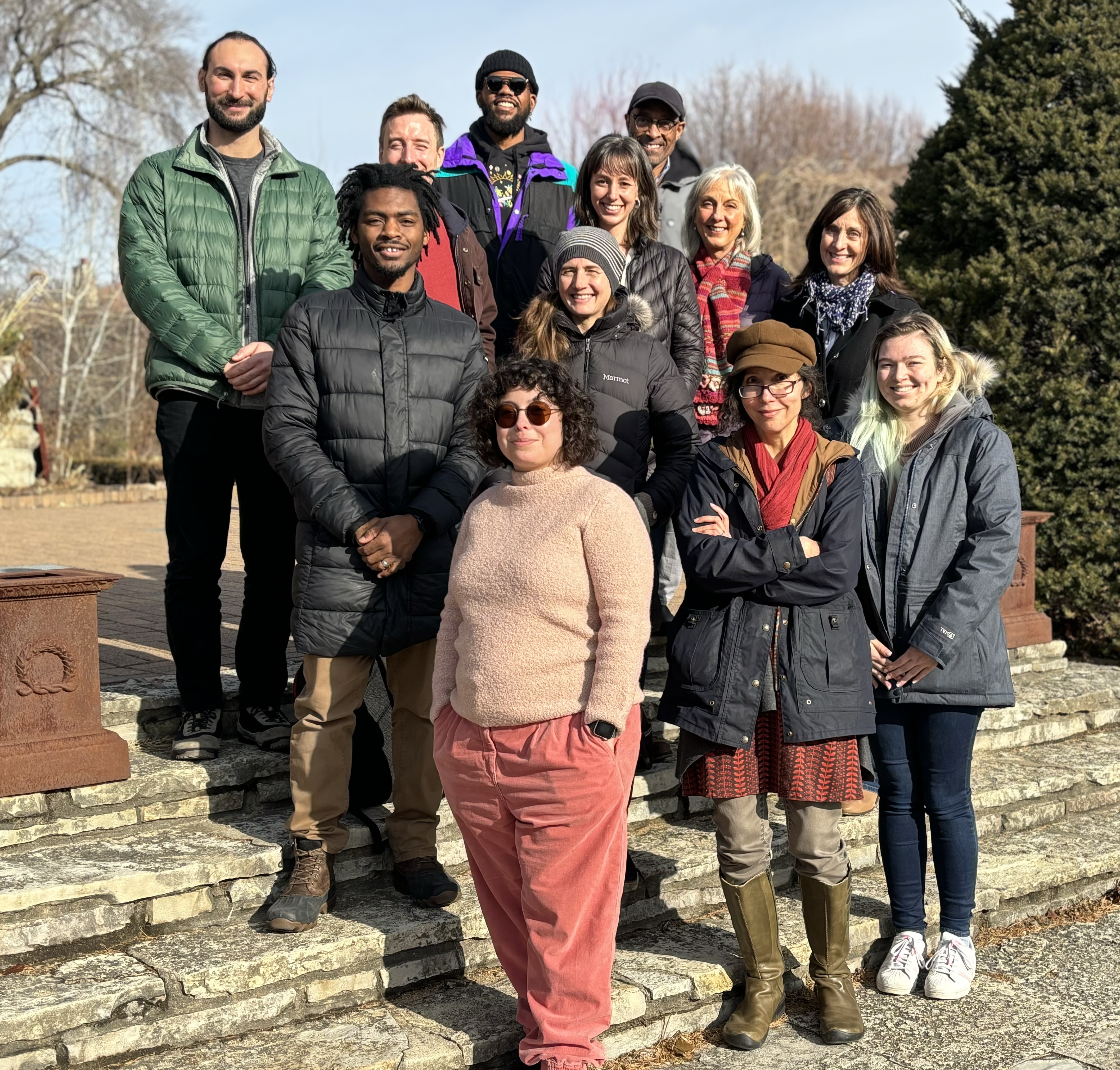
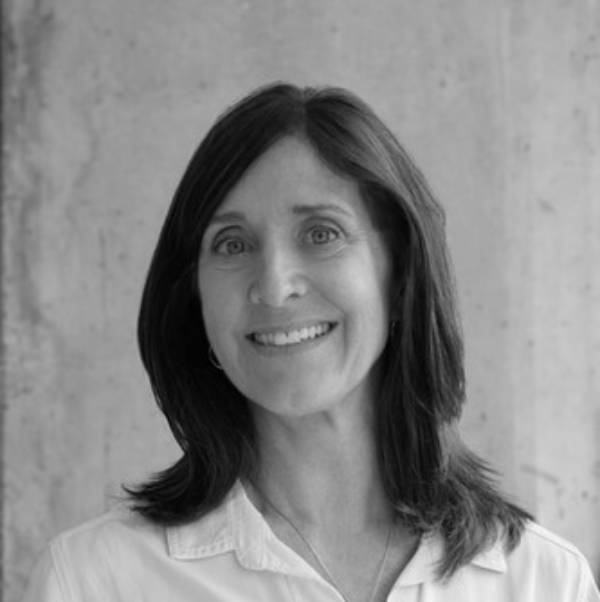
Susan has been a member of the University of Wisconsin–Madison community for more than twenty years. A favorite aspect of her work is overseeing The Art and Science of Human Flourishing course and interacting with students in the class. Susan also works with many campus units and universities nationally and internationally to share the Centers’ empirically validated strategies around well-being.
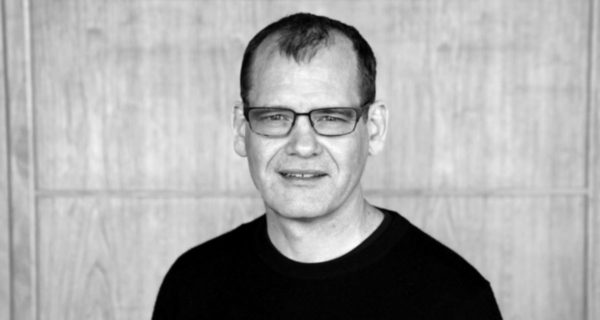
John holds the Distinguished Chair in Contemplative Humanities, a newly endowed position created through the Center for Healthy Minds. He also holds a co-appointment in the Department of Asian Languages and Cultures at the University of Wisconsin–Madison.
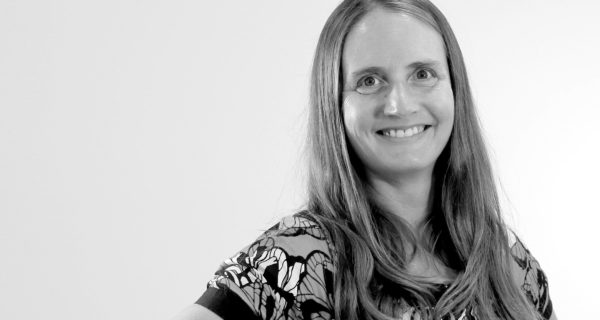
Melissa is a faculty member at the Center for Healthy Minds, and Distinguished Chair in Contemplative Neuroscience as well as Assistant Professor of Psychiatry at the University of Wisconsin-Madison. Melissa is interested in the neural-immune and biochemical mechanisms by which individual differences in response to emotion alter resilience to and the progression of disease.
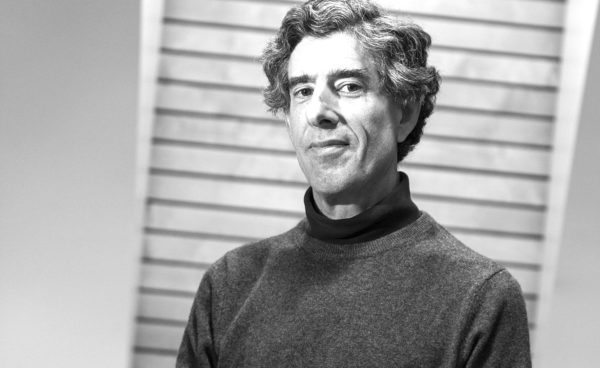
Davidson is the William James and Vilas Professor of Psychology and Psychiatry at the University of Wisconsin–Madison where he has been a faculty member since 1984. He is the founder of Healthy Minds Innovations, Inc., an external, affiliated nonprofit dedicated to supporting the mission of the Center for Healthy Minds.

Tony Chambers is the Director for Community Well-being at the Center for Healthy Minds. Tony also serves as a Senior Instructor in the department of Counseling Psychology for the Art and Science of Human Flourishing course.

Charo is Professor of Classical Japanese Literature in the Department of Asian Languages and Cultures. She also directs the International Learning Community, part of UW Housing, and established UW's Summer Launch program in Kyoto, new this year. Charo's research centers on the fictional tales produced at the early Japanese court, celebrated for their insights into human psychology and related portraits of nature. She also teaches Japanese popular culture, including ghost stories, and is training as a shinrin-yoku (forest-bathing) guide.
ASHF In The News
Cool Class: This Course is Improving Students’ Mental Health
The Art & Science of Human Flourishing is a collaborative course that helps students develop their own mindfulness toolkit to navigate their first year of college and beyond. And a recent study shows it works. Now, professors and researchers are hoping to find a way to share their findings beyond the classroom and in the community.
Read more in this feature by
Students of Art and Science of Human Flourishing course demonstrate improved mental health and flourishing
Significant concerns have been raised about the mental health crisis on college campuses, with attention turning to what colleges can do beyond counseling services to address students’ mental health and well-being. In a newly published multi-university study, scientists found that students who completed the Art and Science of Human Flourishing course, demonstrated improved mental health, strengthened skills, perspectives and behaviors associated with flourishing.
Popular Student Flourishing Teaching Workshop Returns This Summer
Faculty and instructional staff from UW–Madison, UW System and other universities can now register for the second annual in-person Student Flourishing Teaching Workshop at UW–Madison, June 19-23, 2023.

